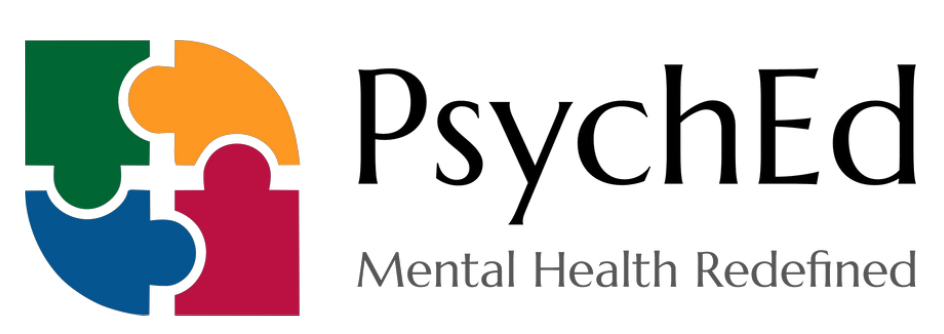When an exam grade falls short of expectations, it creates more than academic concern – it touches core aspects of student identity and confidence. This moment, while challenging, presents valuable opportunities for developing resilience and deeper learning strategies that extend far beyond the classroom.
Understanding Academic Pressure
Academic performance anxiety stems from multiple sources: family expectations, social comparisons, and internal standards of achievement. Research into professional success reveals an interesting pattern: many field leaders encountered significant academic setbacks during their education. Their distinguishing characteristic wasn’t perfect performance, but rather their approach to learning from difficulties.
The Learning Process
Educational neuroscience demonstrates that mistake-driven learning creates stronger neural pathways than immediate success. Like mastering a musical instrument, academic proficiency develops through a process of correction and adjustment. When students understand why an answer was incorrect, that knowledge typically becomes more firmly embedded than information that never presented a challenge.
Strategic Response to Academic Challenges
Productive responses to academic setbacks begin with faculty engagement. Meeting with professors during office hours not only clarifies subject matter but demonstrates commitment to improvement. Many educators note that students who actively work to overcome difficulties often develop into their most memorable and successful graduates.
Effective improvement requires analyzing study approaches. Rather than simply increasing study time, students benefit from examining their learning methods. Interactive study techniques, such as peer teaching or creating practice assessments, often prove more effective than passive review.
Building Professional Capabilities
Academic challenges develop crucial professional competencies. Future careers will involve project adjustments, strategic revisions, and goal modifications. Learning to navigate academic setbacks builds fundamental skills for professional success.
Academic performance represents one aspect of student development. The response to challenging grades often proves more significant than the grades themselves, building capabilities that serve students throughout their careers.
Practical Next Steps
Success begins with objective self-assessment of preparation methods and testing approaches. This evaluation process focuses on improvement rather than self-criticism.
Support networks play crucial roles in academic recovery. Successful students often distinguish themselves not through independent achievement but through effective use of available resources – a skill that maintains its value throughout professional life.
Academic success resembles a sustained journey rather than a series of isolated events. Each assessment provides opportunities for growth in both subject knowledge and learning capability. This perspective transforms academic challenges into development opportunities that extend beyond immediate course requirements.
Developing Resilience for Ongoing Growth
The objective extends beyond grade improvement to developing resilient, adaptable learners prepared for ongoing professional growth. These experiences build foundations for converting future challenges into opportunities throughout academic and professional careers.

